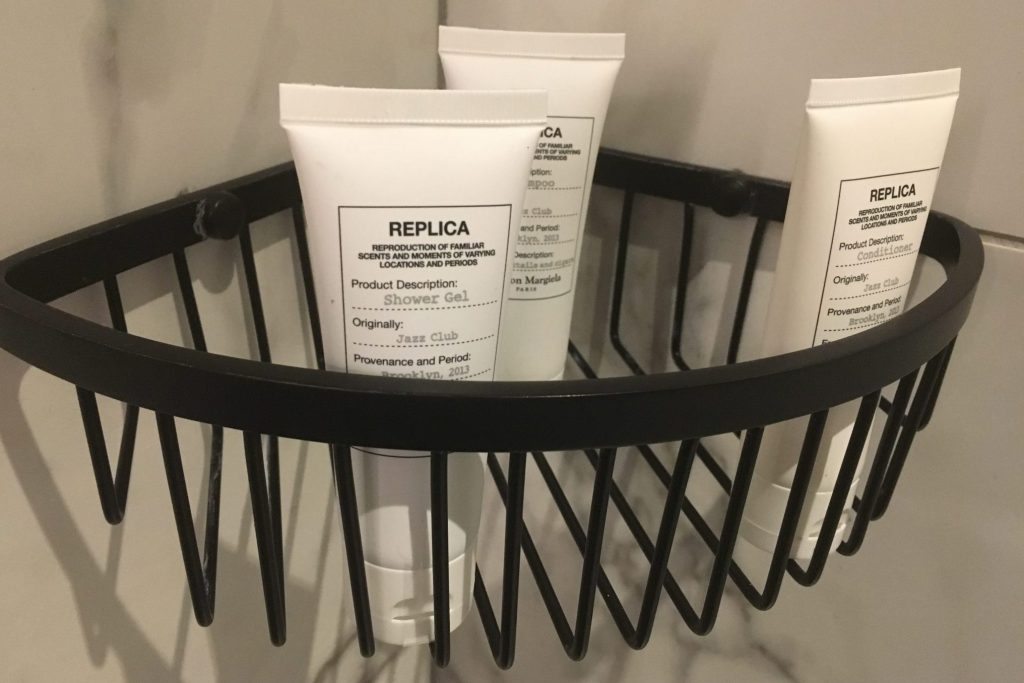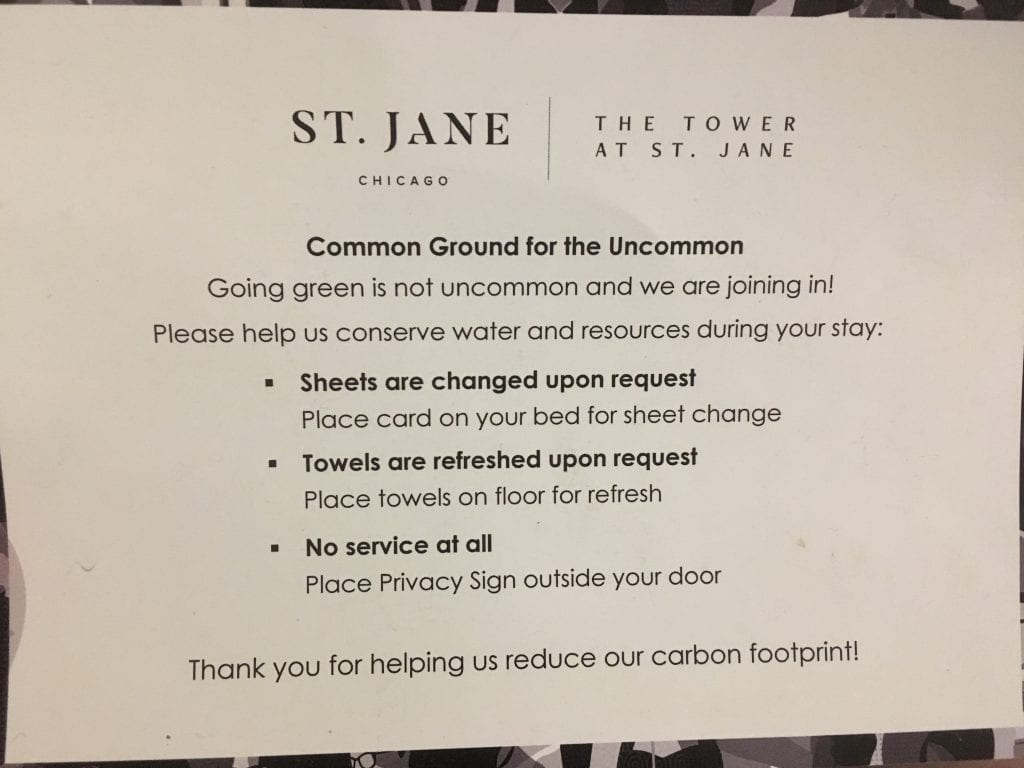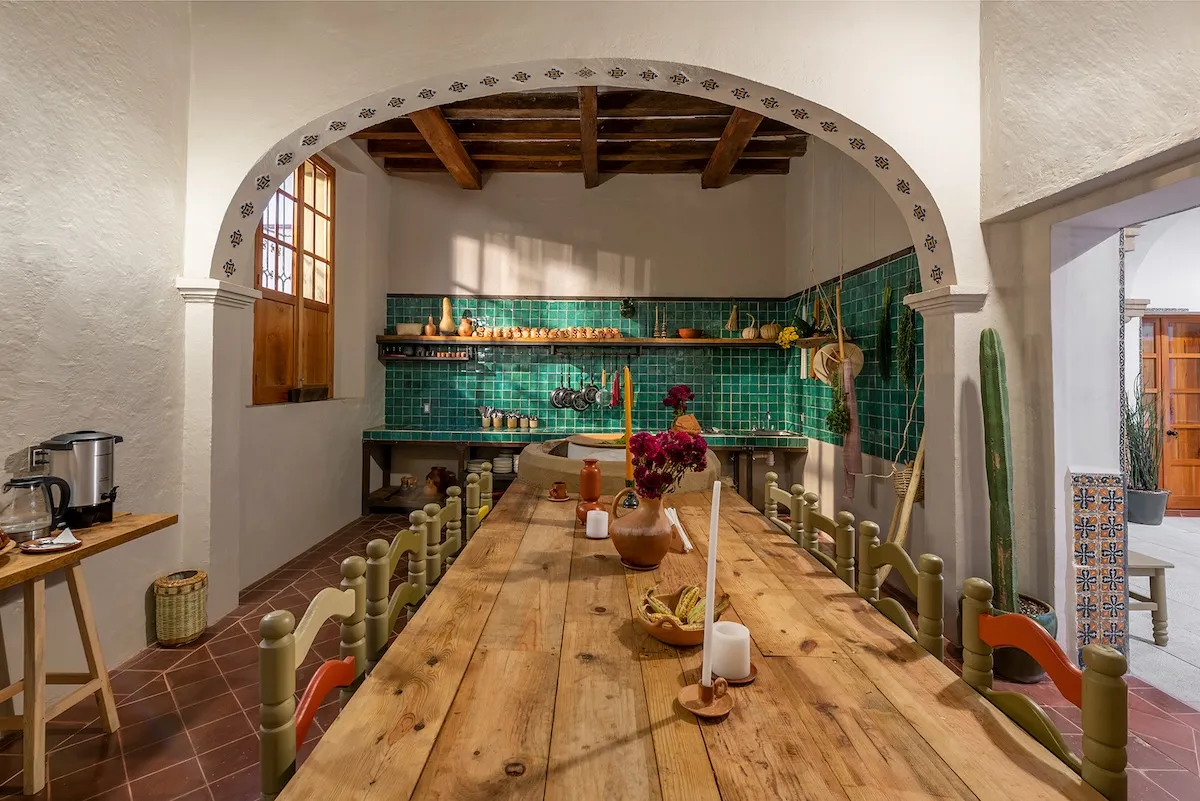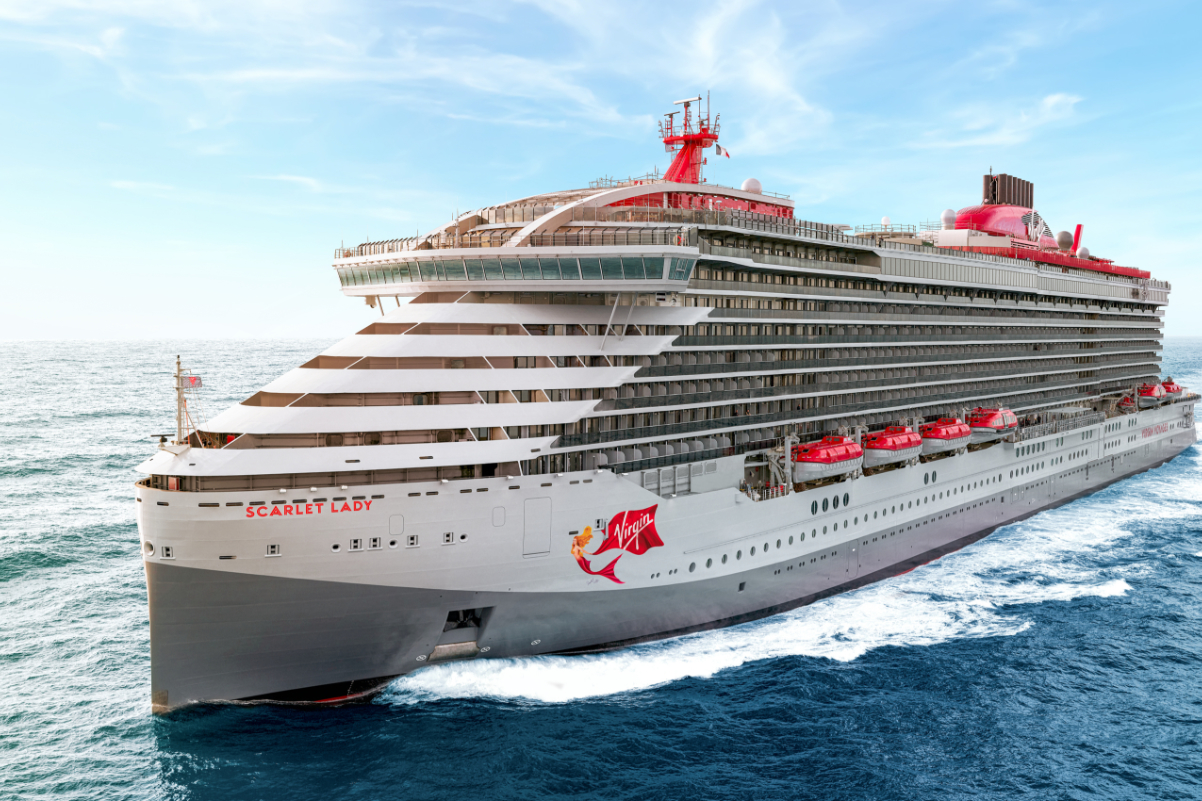Boutique Hotels Say They Face Unique Challenges Going Plastics-Free

Skift Take
Marriott said in August that it would replace little bottles of shampoo, conditioner, and bath gel with bigger bottles.
Intercontinental Hotel Group, whose brands include Intercontinental, Crown Plaza, and Holiday Inn, announced a similar step in July, affecting nearly 850,000 hotel rooms.
But at the Parkview Historic Hotel, next to Audubon Park in New Orleans, owner Liz Creel said reducing plastics isn’t so simple.
“It is a huge challenge for a small hotel operator,” Creel said. “The broader issue for me is finding the balance.”
You might think that customers of boutique hotels like the Parkview or patrons of small hotel groups would be the most interested in reducing plastics use. Indeed, IHG cited demand from hotel guests as a key reason why it's eliminating individual bottles.
But many of her travelers are not pushing for change, Creel said.
“The tricky thing is that guests often don’t want to be responsible when they travel,” she said. “They do the right thing at home, but on vacation, they want to be on vacation.”
Yet hotel companies want to be seen as doing the right thing too.
Members of Design Hotels, a collection of 317 boutique and luxury hotels, pledged at a recent conference to eliminate single-use plastics by 2020, said Ben Pundole, the vice president of Edition Hotels, and a leading industry proponent of sustainability practices.
A number of other small hotel groups and individual hotels are making similar pledges, whether in guest rooms or with food service.
Some of the actions are in response to steps by cities and states that are banning single-use plastics of various types, such as straws and plastic bags.
“I think 2020 will be the turning point,” Pundole said. “There is a real shift in the industry compared with where we were a year ago.”
Pundole, however, said he found that the members of Design Hotels are at different stages in their progress on eliminating plastics.
“Some of them hadn’t even thought about it. Some of them want to be as kind to the Earth as they are to their guests,” Pundole said.
Economics are a factor for hotels, large and small.
In New Orleans, Creel has to pay extra for recycling service at her 135-year-old hotel, which increases her cost for garbage collection.
She already is operating at a low-profit margin, and stiff competition for guests across the New Orleans hotel industry means that she hasn’t been able to significantly raise rates for three years.
“I’m not even certain when we recycle that it makes it to any meaningful recycling place,” Creel said.
But she’s trying. Creel in recent years has switched to paper coffee cups from Styrofoam and offers china cups and saucers in the dining room, where guests are offered a full breakfast buffet in the morning and snacks throughout the rest of the day.
She replaced plastic coffee stirrers with wooden ones and installed a water cooler big enough to accommodate guests’ individual water bottles. Creel provides refillable hand soap dispensers in the bathroom and has switched from larger bath soaps to smaller ones so there is less waste.
One area where she can’t make much progress: go cups, the plastic drink cups that are ubiquitous across the cocktail-loving city.
“We put out wineglasses, but if people are going out, they are going to take plastic,” Creel said.
Pundole is sympathetic. “There’s no cost savings yet. That’s a reason why it’s very difficult” for many hotels to go plastics-free, he said.
But he contends 99 percent of Edition’s guests support its efforts to eliminate plastics use. One reason is that plastic is not a luxury material — it’s a matter of convenience, and people don’t stay at luxury hotels with convenience as a top priority. “It doesn’t represent luxury, it doesn’t represent a modern approach to luxury,” Pundole said.
Until hotels find the balance that Creel talked about, customers at boutique hotels are likely to find a mix of single-use plastics and efforts to be more responsible. That’s what’s apparent at the St. Jane Hotel, a Chicago boutique hotel that is part of the Becker Ventures.
Two recent stays revealed that the hotel sends a mixed sustainability message to its guests. In the bathroom, a card on the shower door read, “Going green is not uncommon and we are joining in! Help us conserve water and resources during your stay.”
It told guests that sheets would be changed upon request, by placing the card on the bed. Towels would be refreshed upon request, if guests placed them on the shower floor. And, the hotel gave guests the option of no service at all, by leaving the privacy sign on their door.
But inside the shower was a rack with individual plastic bottles of shampoo, conditioner, and shower gel, while the sink held individually wrapped bars of soap, cotton pads for removing makeup, and a packet of cotton swabs.
The guest room included china cups and saucers for coffee, which accompanied a Nespresso coffee maker. There also were individual plastic bottles of water.
Aparium did not respond to an email request for comment.
Pundole believes that his competitors will quickly have to step up their efforts to eliminate plastics. “This really is a watershed subject for the industry,” he said. Any lag “won’t last very long, because plastics are as cool as cigarettes,” Pundole said. “Hotels that don’t make the switch are starting to feel shamed.”
He expected the climate change marches around the world, inspired by 16-year-old Swedish student Greta Thunberg, will have an impact on his business too. In another era, kids might be delighted if their mothers and fathers brought home individual plastic bottles of shampoo as souvenirs.
Now, “Why would people be taking anything of plastic and giving it to the kids? The kids will be repelled,” Pundole said.
Still, the industry changes haven’t completely made their way down the mighty Mississippi River to New Orleans, said Creel.
“It’s a conundrum to be sure,” she said. “I constantly vacillate between my desire to do the right thing, and the practical dictates of being a very small fish swimming upstream in this overwhelmingly long river.”
CORRECTION: A previous version of this story incorrectly stated that the St. Jane Hotel is owned by the Aparium Group. It is owned by Becker Ventures.






